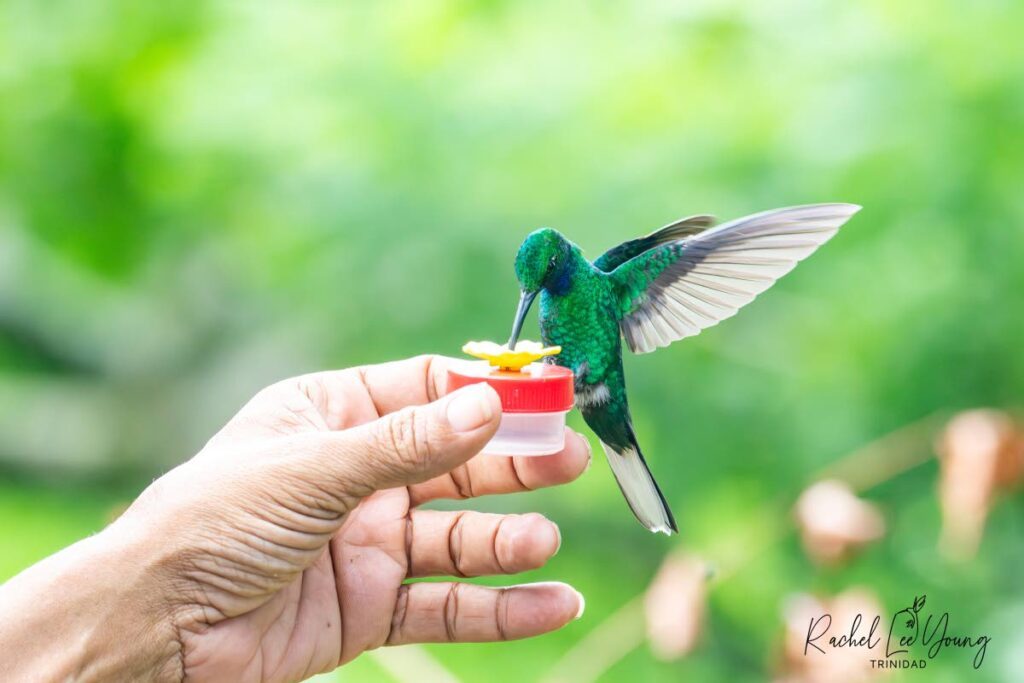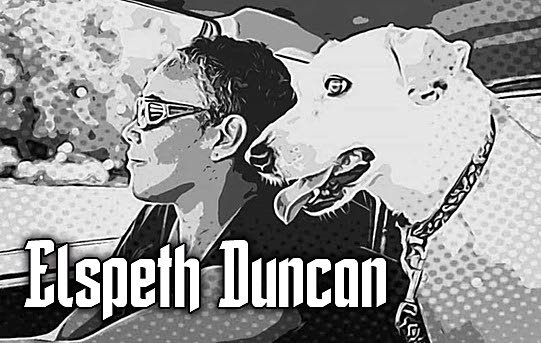The beauty before us

There are certain foreign-language words which, because of their depth and nuances of meaning, have no true English translation. Like clouds, although they cannot truly be grasped, they give us a lingering sense of what they represent.
The Portuguese saudade is such a word. Many have struggled to present clear English interpretations of it, generally referring to it as the nostalgic love of that which now no longer exists as anything more than a poignant memory; an intense longing for who, what or where is now absent.
The song by Keane called Somewhere Only We Know somewhat expresses the yearning qualities of saudade. While the lyrics could refer to a person, place, thing or feeling that one misses, I choose to interpret it literally, as a springboard for this article.
To me, the song seems to speak of environmental destruction; loss of natural elements that once provided simple pleasure. It mentions the "empty land," "the fallen tree," and asks, "Oh, simple thing, where have you gone?"
Tourism-wise, Tobago has generally painted itself as "clean, green, serene." Sadly, that slogan’s essence is threatened by rising tides of criminality, lack of widespread environmental consciousness and the bigger-is-better beliefs applied to buildings and hotels.
Would saudade be too intense a word to apply to the loss we will see and feel if we fail to care sufficiently for/about our environment and its current beauty?
Keane’s song invites us to always return to that beauty – or to find it, even when encroaching "development" renders aspects of it no longer available: "And if you have a minute, why don't we go...somewhere only we know."

Last Sunday a friend, Rachel Lee Young (the Hummingbird Lady), who was vacationing in Tobago, asked me to accompany her on a road trip to Englishman’s Bay and Bloody Bay. She was going to take photos of hummingbirds (the main focus of her business, Land of the Hummingbird) and whatever other interesting natural elements stood out along the way.
We left south of the island at 5.30 am, pre-sunrise. I took with me a Bravecto tablet (gets rid of ticks, fleas, helps eradicate mange), some Negasunt powder and silver Bactrovet spray (for wounds). This artillery of medication was necessary in the event that we encountered the inevitable dumped dog (usually maggot-ridden or wounded) en route through the rainforest – a popular area for abandoning unwanted pets.
Because most people were probably still in bed or preparing for church, the roads were practically empty.
Stopping briefly at a point overlooking the sparkling jade waters of Englishman’s Bay, I observed the distant, tiny figures of a man and dog, walking together along the sand. The snaking curve of footprints ahead of them illustrated the path they had most likely walked already for the morning.
A few moments later, down at that beach, as Rachel captured images, I chatted briefly with the man who, apart from his dog, some birds, the odd leaping fish and a lizard on a coconut tree, was the only other visible being.
He said that on mornings he and his dog, with him since puppyhood, do long, multiple-lap beach walks. The tracks created by their feet, winding side by side along the length of the beach, told a poignant tale of loyal companionship and an idyllic existence – two best friends walking and swimming daily on a beach that they have all to themselves...until beachgoers arrive.
Leaving the bay, we journeyed to Hummingbirds Paradise, Bloody Bay – a unique, home-based birding spot owned by certified tour operator Junior Thomas (Unique Tours Tobago).
I had met Junior a few weeks ago, at the Tobago Main Ridge Forest Reserve, when some friends and I, accompanied by a dumped pup I had rescued some weeks earlier, stopped to have a vegan picnic.
At the time, Junior had mentioned briefly that he provides the experience of hand-feeding hummingbirds. Little did I know that a few weeks later, I would be doing just that.
Flash forward – I am sitting on a chair in Junior’s garden, holding a hummingbird hand-feeder, surrounded by cool, early morning air, the gently persistent whirring of wings, tiny avian squeaks, chirps and, now and again, the rapid-fire ch-ch-ch of Rachel’s camera, capturing the winged beauty before me.
Whether we see it or not, there is abundant natural beauty right before us – and the responsibility to honour, protect and preserve it sits in our hands.
To experience hand-held hummingbird feeding and more, contact Junior at 344-5431.

Comments
"The beauty before us"